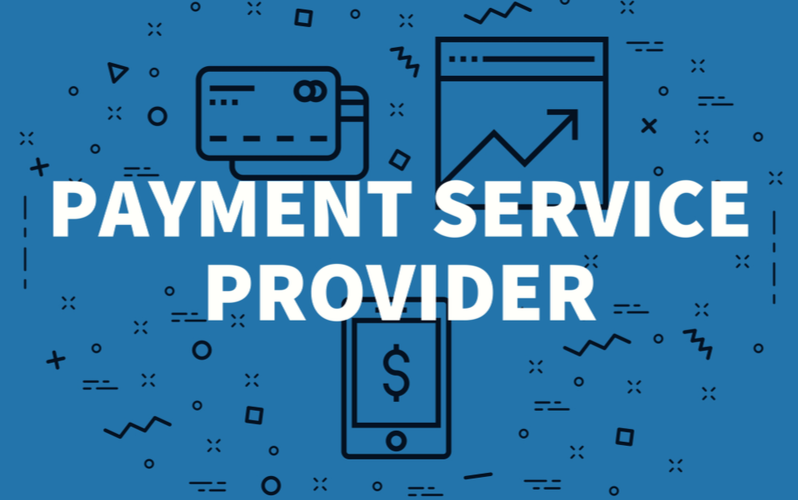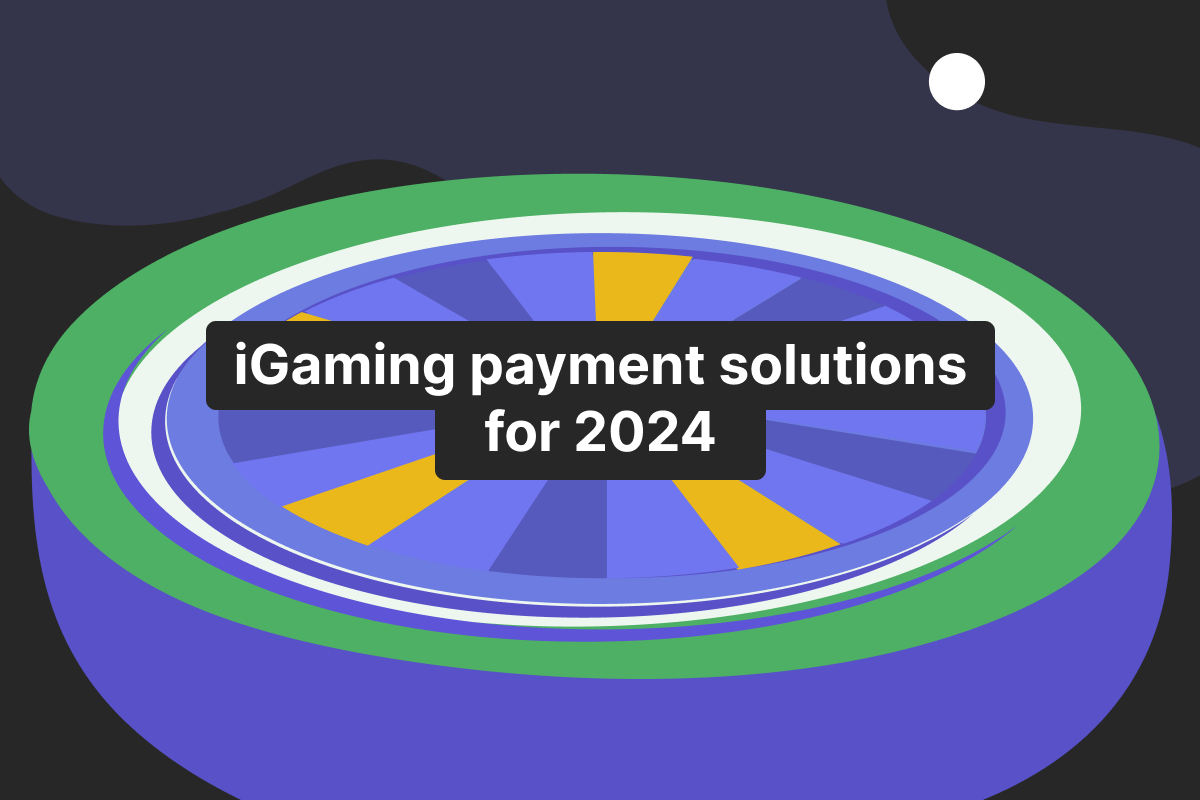AUTHOR : SAYYED NUZAT
DATE : JUNE 1, 2024
iGaming, or interactive gaming, has seen substantial growth globally, and India is no exception. However, when it comes to Payment Service Providers[1] (PSPs) and card processing for iGaming in India, there are several factors to consider due to the regulatory environment and market dynamics. Here’s an overview:
Regulatory Environment
- Legal Landscape: The legality of iGaming in India varies by state. While some states have legalized and regulated certain forms of online gaming, others prohibit it. For example, states like Sikkim and Nagaland have specific regulations allowing online gambling[2], whereas states like Telangana and Andhra Pradesh have banned it.
- RBI Guidelines: The Reserve Bank of India (RBI) has stringent guidelines for payment processing[3], including Anti-Money Laundering (AML) and Know Your Customer (KYC) requirements. These guidelines must be adhered to by PSPs[4] facilitating transactions for iGaming platforms.

Payment Service Providers (PSPs)
PSPs are crucial for facilitating online transactions[5] securely and efficiently. For iGaming in India, PSPs must navigate the regulatory landscape and ensure compliance with local laws. Some popular PSPs include:
- Razorpay: Known for its robust payment gateway solutions, Razorpay supports a variety of payment methods, including credit and debit cards[1], net banking, UPIs, and wallets. They have comprehensive compliance and security measures to support iGaming transactions.
- PayU: PayU[2] offers a seamless payment gateway with extensive local payment methods, making it a popular choice for iGaming operators in India. They provide fraud detection and prevention tools to safeguard transactions.
- CCAvenue: CCAvenue is one of the oldest and most trusted payment gateways in India. It supports multiple currencies and offers various payment options, which is beneficial for iGaming platforms catering to a diverse user base.
Card Processing
Card processing is a critical component for iGaming transactions, allowing users to deposit and withdraw funds using their credit or debit cards. Here are some considerations for card processing in the Indian iGaming context:
- Acceptance Rates: Not all Indian banks allow card transactions for iGaming due to regulatory restrictions. PSPs need to work with acquiring banks that support these transactions.
- Security Measures: Implementing PCI DSS[3] (Payment Card Industry Data Security Standard) compliance is essential for card processing to ensure data security and build trust with users.
- Chargebacks and Fraud Management: iGaming platforms often face higher risks of chargebacks and fraud. PSPs provide tools to manage these risks, such as advanced fraud detection systems and secure authentication processes.
Key Challenges
- Regulatory Compliance: Navigating the complex and evolving regulatory environment is a major challenge. PSPs and iGaming operators must stay updated with the latest legal requirements.
- User Trust: Building trust with users is crucial. Ensuring secure transactions and transparent processes can help gain user confidence.
- Technological Integration: Seamless integration of PSPs with iGaming platforms requires advanced technological solutions to handle high transaction volumes and provide a smooth user experience.
Future Outlook
The future of iGaming PSP and card processing in India looks promising, with increasing internet penetration and digital payment adoption. However, continuous collaboration with regulatory bodies and technological advancements will be key to overcoming challenges and ensuring sustainable growth in this sector.
Future Trends and Innovations

As the iGaming industry continues to evolve, several trends and innovations are likely to shape the future of PSP and card processing in India:
- Cryptocurrency Integration: The adoption of cryptocurrencies[4] for iGaming transactions is gaining traction globally. In India, while the regulatory stance on cryptocurrencies remains cautious, there’s potential for growth. PSPs may start integrating cryptocurrency payment options to attract tech-savvy users and offer more flexibility.
- AI and Machine Learning: Advanced AI[5] and machine learning technologies can enhance fraud detection, personalized user experiences, and predictive analytics. These technologies will help PSPs and iGaming operators better understand user behavior, mitigate risks, and improve operational efficiency.
- Enhanced Mobile Payments: With the increasing use of smartphones, mobile payments are becoming more popular. PSPs are focusing on optimizing mobile payment experiences, including the integration of mobile wallets, UPI (Unified Payments Interface), and contactless payment solutions, which are crucial for the mobile-centric Indian market.
- Biometric Authentication: Security is a top priority for online transactions. Biometric authentication methods, such as fingerprint scanning and facial recognition, are being adopted to enhance the security of transactions. These methods provide an additional layer of protection and help in building user trust.
- Omni-Channel Payment Solutions: Offering a seamless payment experience across multiple channels (online, mobile, in-app) is becoming essential. PSPs are developing omni-channel solutions to ensure consistency and convenience for users, regardless of the platform they use.
Strategies for Success

For iGaming operators and PSPs to succeed in the Indian market, they need to adopt certain strategies:
- Local Partnerships: Collaborating with local banks, payment providers, and technology firms can help navigate regulatory requirements and provide localized payment solutions tailored to the Indian market.
- User Education: Educating users about secure online payment practices and the measures taken to protect their data can help build trust and encourage more users to engage in iGaming activities.
- Continuous Compliance Monitoring: Regularly monitoring and updating compliance with local laws and regulations is crucial. Engaging with legal experts and staying informed about regulatory changes can help mitigate legal risks.
- Customer Support: Providing robust customer support to address payment-related issues promptly can enhance user satisfaction. Offering multiple support channels (live chat, phone, email) ensures that users can get help when they need it.
- Innovation and Adaptation: Staying ahead of technological trends and being willing to adapt to new payment methods and user preferences will be key. Investing in research and development to explore new payment technologies can provide a competitive edge.
Conclusion
The iGaming industry in India is poised for significant growth, driven by increasing internet penetration, digital payment adoption, and a growing user base interested in online gaming. However, navigating the regulatory landscape and ensuring secure, seamless payment processing remain critical challenges.
FAQs
What is iGaming?
What does iGaming mean? A: iGaming, or interactive gaming, refers to online gaming activities that involve betting or wagering. This includes online casinos, sports betting, poker, and other forms of gambling conducted over the internet.
Is iGaming legal in India?
Is online gambling legal in India? A: The legality of iGaming in India varies by state. Some states like Sikkim and Nagaland have regulations that permit online gambling, while others like Telangana and Andhra Pradesh have banned it. It’s important to check the specific regulations of each state.
What are Payment Service Providers (PSPs)?
What is a PSP in the context of iGaming? A: A Payment Service Provider (PSP) facilitates online transactions between users and iGaming platforms. PSPs offer various payment methods, including credit/debit cards, bank transfers, e-wallets, and more, ensuring secure and efficient payment processing.
Which PSPs are popular for iGaming in India?
Which PSPs are commonly used for iGaming transactions in India? A: Popular PSPs for iGaming in India include Razorpay, PayU, and CCAvenue. These providers offer extensive payment options and robust security measures to support iGaming transactions.
How does card processing work for iGaming?
How do card transactions work for iGaming platforms? Card processing for iGaming involves users making deposits and withdrawals using their credit or debit cards. PSPs facilitate these transactions, ensuring they comply with security standards like PCI DSS to protect user data.




